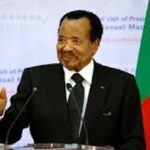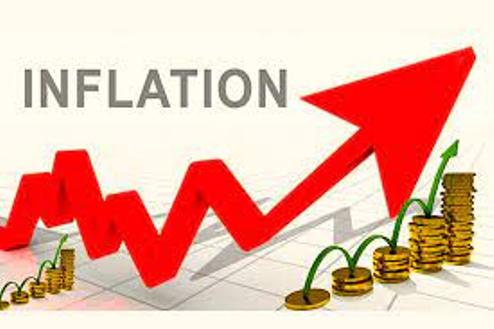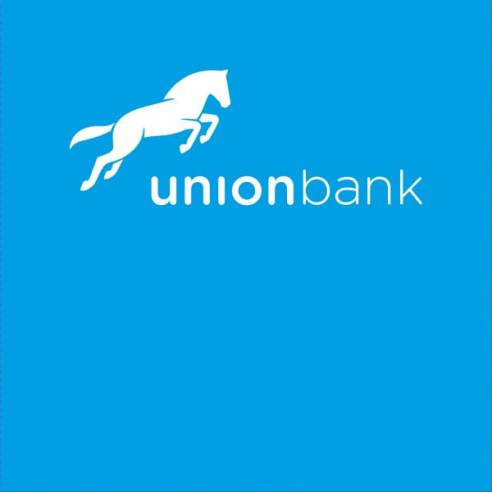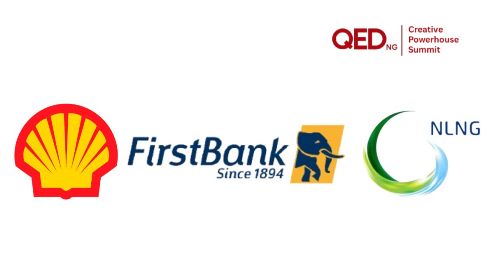By Okeke Destiny Chiyere
LAGOS JUNE 29TH (NEWSRANGERS)-Over the years,inflation and hikes has been a major setback in the Nigerian economy. Prices of goods have been making a rapid climb in Africa’s most populous country since August,2019 when the country shut it’s borders from neighboring countries and continued unabated owing to supply chain distributors induced by the Covid-19 pandemic. The surge is at faster pace owing to a cash crunch that obstructed economic activities in the first quarter ,accelerating inflation and the recent subsidy removal.
Nigeria’s rising inflation is dampening the country’s economic growth and eroding consumer purchasing power due to increase in price of basic amenities like cost of transportation. Students in tertiary institutions have been badly hit by the recent scarcity of Petrol Motor Spirit also called petrol and its resultant increase in pump price of the product. Students condemns the hike in the petrol prices, lamenting the devastating effects it had on their welfare. In the president’s address at Eagle’s Square,Abuja;on Monday 29th,2023;Mr Tinubu declared that there would be no longer be a petrol subsidy regime as it was not sustainable. In reaction to the new development, the Nigerian National Petroleum Company Limited on Wednesday 31st,2023 approved an upward review in the pump price of petrol nationwide, shooting the price up to an average of five hundred naira(#500)from erstwhile average of one hundred and eighty nine naira(#189).The pronouncement was trailed by panic buying and gridlock across filling stations in many parts of the country even as regulatory bodies called for calm amid the chaos.
Correspondents in many parts of the country found that food prices and transport fares recorded an average of 100 percent increase across cities and significant towns,rising worries among millions of poor Nigerians. Over the past two decades, food prices have risen by 2.6 percent on average years. The major cause of food inflation is the shortage of farmers globally. A lot of people get good education, graduate with good degrees, more people are employed with better jobs, disregarding farming, seeing it as a bad career, with low wages and no benefits. People in the 21st century have become scared of dirty work like farming as nobody wants to pursue a career in farming, thus a decrease in the amount of produce. This decreases lowers food supply hence increasing it’s demand, causing prices to skyrocket.
According to the organized private sector, manufacturers and Lagos chambers of commerce and industry; inflation is perhaps the biggest poverty accelerator in the economy due to it’s weakening effect on people’s purchasing power. The World bank has said that inflation is likely to push an additional one million Nigerians into poverty and had earlier warned that six million more Nigerians would fall into poverty because of rising food prices. In February 2022, the Russia-Ukraine war (both major commodity exporters)broke out and the disruptions caused by the war and restrictions caused higher inflation globally. A major impact of the war in Nigeria was on food prices, since both countries at war are major producers and exporters of agricultural commodities,and Nigeria depends heavily on them for inputs in direct human consumption and industrial processing
A recent International Monetary Fund report said that the naira depreciation over the 2021-2022 period was as much as 1.5 times worse than the currencies of other emerging market and developing economies.The currency depreciation has meant that Nigeria is paying more for the commodities it’s import and ordinary Nigerians are picking up a tab for this.Nigerians depreciation affects the cost of imported inputs and leads to price increase of goods and services along the production and supply chain.The exchange rate worsened under the Buhari’s administration.This recurring loss in value of the naira in relation to other currencies is reducing the purchasing power of the average Nigerian.
Conclusively,Nigeria’s population calls for mechanised agriculture to produce a large quantity and number of agricultural products for consumption. Nigerians need a leader with a different value system to help rescue the economy and poor people from the issues of inflation. Only a leader who understands the pain inflation has inflicted on Nigerians will be able to save the economy. A leader who has the interest of the people at heart and who does not embezzle public funds will be able to envision a great Nigeria and strive to restore value to the naira.
The growth of money supply needs to be checked by drastically limiting advances or overdraft. Unnecessary border closure should be avoided and the operating environment should be made more conducive for business to thrive.
Despite the increase in the food prices over the years, the global education system is better than in the past; pumping out more educated people,hence a more competitive workforce. Companies then would pay more for those who have prestigious educations and good grades,hence an influx in the average pay globally. As food prices increases, the average wage also increase, as such the two will always balance out in the end.
Destiny, a student Departmeny of Private Law Delta State University Abraka writes from Delta State











